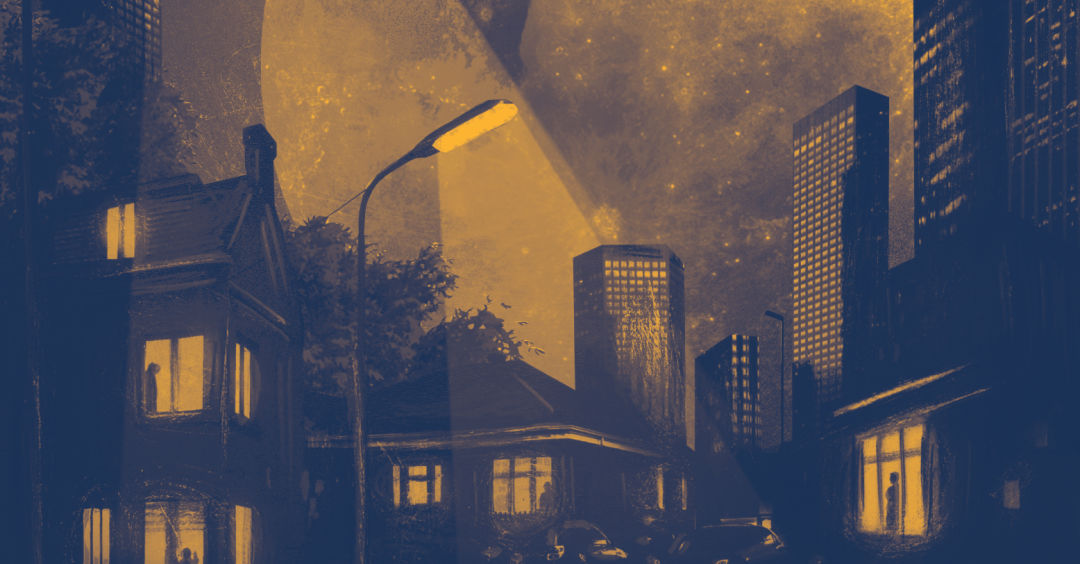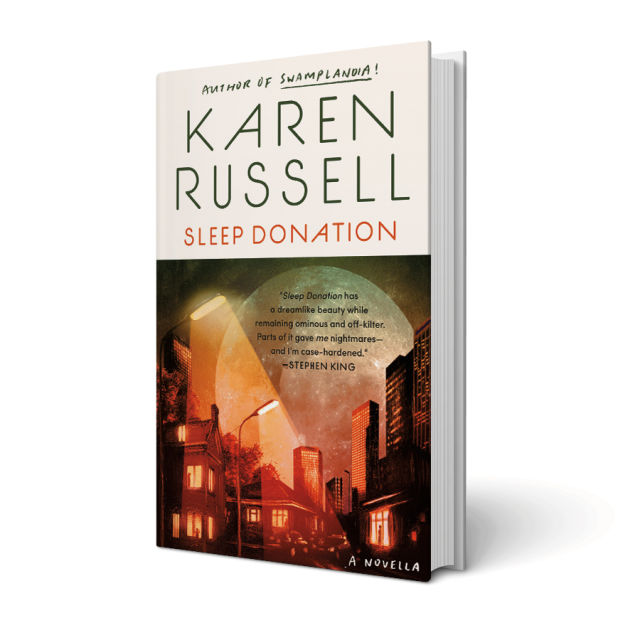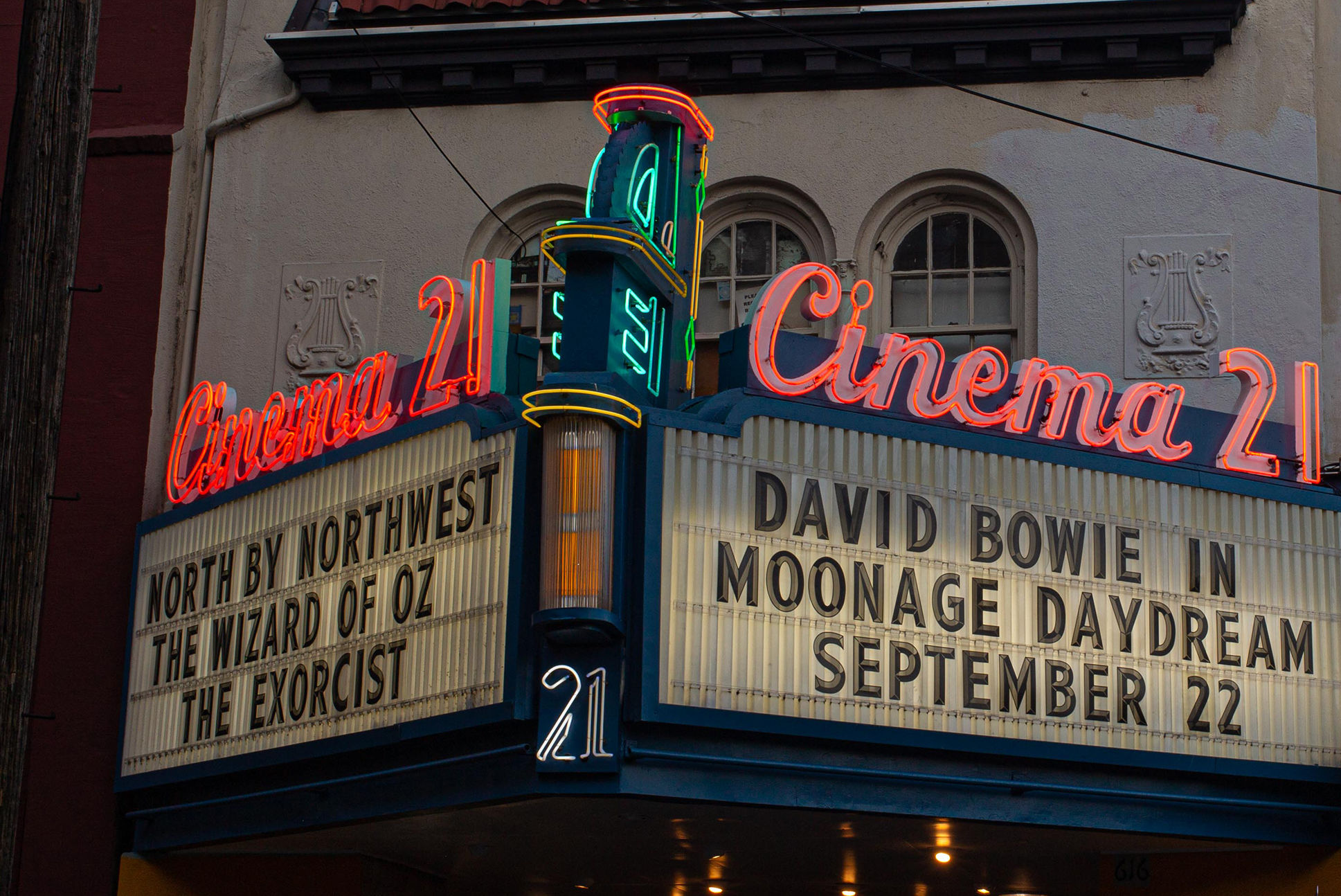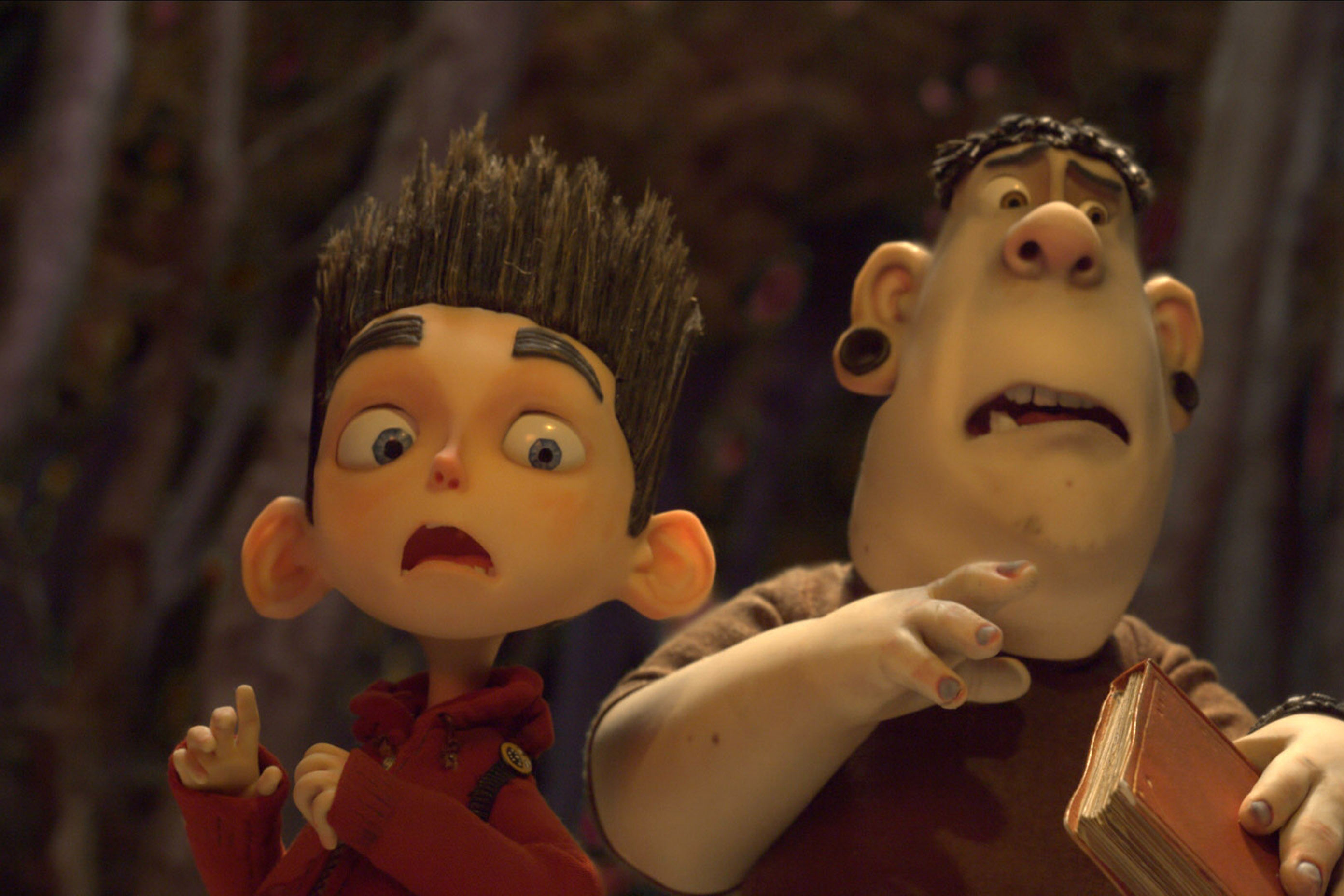Karen Russell’s Sleep Donation Is a Potent, Prescient Pandemic Tale

There’s a scene in Karen Russell’s novella Sleep Donation, where the protagonist—Trish, Pennsylvanian, no. 1 Sleep Corps volunteer—visits Ward Seven, which houses 17 people who have been infected with a particular nightmare. She watches from behind glass, then enters the room, and I take a sharp, involuntary breath. “Stay behind the glass!” yells my pandemic brain. “You cannot catch her nightmare,” says the doctor, but we know—now we know—how little he can say for sure. It’s all still new. It’s all still unfolding.
Somehow, more than six years ago, the Portland writer’s imagination seeded a world crumpled by a global pandemic that transforms the lexicon and look of our lives in a quintessentially Karen Russell way: everything in it so clearly drawn and recognizable, everything so jarringly distorted at the same time. Sleep Donation, a novella of fewer than 150 pages, was first published as an e-book in 2014 by the short-lived Atavist Books. It returns now, no doubt with an eye to our current predicament, in a fine, illustrated edition from Vintage Books (the very opposite of an e-book in its tactile beauty).
It’s the story of Trish, a do-gooder and expert saleswoman, who so deftly employs the saga of her sister’s death from sleeplessness at “sleep drives”—there’s an insomnia pandemic, and donations are the only cure—that listeners are immediately impelled to donate their slumber to her creepy nonprofit. Not even the Harkonnens—parents to Baby A, who turns out to have impeccable, universal-donor sleep for the harvesting—are immune. (Note: If you have parented a baby and watched over the smooth, tantalizing profundity of their sleep even as they play demon with your own, this world of crazed exhaustion and sleep commodification is triggeringly familiar.)

Karen Russell's Sleep Donation
What unspools from this premise is a glorious exploration of giving and greed, of the fuzzed lines between sleep and waking, and of the mythological nature of plague. It becomes less about the illness that drives the narrative and more about other terminal sicknesses—capitalism, moral turpitude, inertia. Trish’s world may have its own rules, but her toadying, her polished sales pitches, her blindness? That’s all us.
There are moments of especially forceful augury: Florida leads the nation in new cases of the disease; the America-born illness blooms in China; the CDC tracks it in “clusters.” But reading Sleep Donation merely for its prescience is to miss the exquisite gift of Russell’s art. She is so awake (sorry) to language that every page gleams with precise beauty: There’s Dori’s “prostitute-on-holiday blusher,” the description of Mr. Harkonnen’s face looking placid “in the illegible and alien way that stingrays’ bellies look placid as they smooth along glass walls,” Jim as a “mid-sentence self-startler,” sunshine as “the coagulant of consciousness.” For Russell’s signature dark humor, see the book’s catalog of 300 known contagious nightmares, including “Abomination, horned,” “Anthill, no queen,” “Avalanche, death of self,” “Avalanche death of spouse,” and “Avalanche, live burial.”
Sleep Donation, vivid and intensely human, with its night worlds and poppy fields and fantastical sleep-sucking apparatus and parking-lot Sleep Drives, is Russell finding a place between the wide-lens saga of her novel Swamplandia! and the acute dives in story collections St. Lucy’s Home for Girls Raised by Wolves, and more recently, Orange World. But whatever the form, it’s still markedly Russell in its tilted world of wild possibility and deep humanity. And as in every new world, she pins ours to the wall. “We Americans are sitting in an electric chair that we engineered,” Trish tells us in Sleep Donation. Now we’re watching the switch get flipped.




